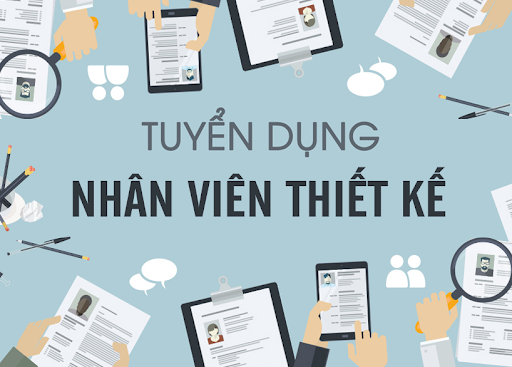Recruiting Labour
Vietnam continues to maintain a robust labor force, with approximately 1.2 million young individuals entering the job market each year in 2025. The Vietnamese workforce is highly regarded for its adaptability, technological proficiency, resilience, and diligence. However, many businesses in Vietnam—whether domestic or international—often perceive that while the number and cost-effectiveness of the workforce are significant advantages, the overall quality and skill level may not match that of other countries. As a result, a substantial portion of the workforce remains engaged in low-skilled occupations such as construction, tailoring, and other blue-collar jobs. Photo: Internet
Photo: Internet
As mentioned earlier, one of the key benefits of the Vietnamese workforce is that the average salary remains significantly lower than in many regions worldwide. For 2025, the average monthly salary for workers in Vietnam ranges from approximately 1,500,000 VND (63 USD) to 3,500,000 VND (147 USD). Office workers typically earn between 4,000,000 VND (168 USD) and 9,000,000 VND (378 USD) per month, reflecting an upward trend in wages over the past decade.
There are several effective strategies for recruiting high-quality labor in Vietnam that businesses can utilize. The most common approach involves advertising through various media, such as newspapers, online job boards, and television. This method provides a broad reach for firms looking to introduce their company and open positions to potential candidates, though it can also be more costly and time-consuming when it comes to candidate evaluation. Notable online career platforms that employers can consider include VietnamWorks and CareerLink.
Participating in career fairs, which are held annually in many universities across major cities, is another effective recruitment strategy. These events typically attract students with strong educational backgrounds and skills, making them ideal for companies seeking qualified labor. For example, career days at institutions such as the Royal Melbourne Institute of Technology in Ho Chi Minh City, Duy Tan University in Da Nang, and the Banking Academy in Hanoi have proven to be valuable sources for finding finance-related talent.
If you have specific hiring criteria, exploring niche labor markets can be beneficial. For example, non-governmental organizations often post job openings on the NGO Resource Center website, while English language centers seeking native-speaking teachers may find suitable candidates through expatriate forums like New Hanoians or The Words.
More:
Tips on Finding Jobs in Ho Chi Minh City











